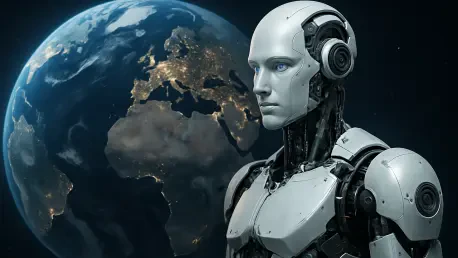
Introduction Imagine a United Kingdom where digital innovation thrives in every corner, yet vast swathes of talent remain untapped due to stark regional disparities in tech skills. According to recent studies, the UK faces greater workforce skills imbalances compared to most European nations, with

Setting the Stage for Workforce Dynamics In 2025, a remarkable statistic shapes the narrative of the U.S. job market: 73% of workers express a firm intention to stay in their current positions for the foreseeable future, highlighting an unprecedented level of stability. This striking figure emerges

In today's rapidly evolving job market, driven by technological advances and the widespread use of artificial intelligence (AI), challenges abound for both employers and job seekers. Sofia Khaira, a renowned expert in diversity, equity, and inclusion, offers her insights into how AI impacts talent

The U.S. job market is navigating a phase of recalibration as employers reassess their hiring strategies against a backdrop of economic uncertainties. Despite recent drops in employer confidence, 78% plan to expand their workforce, reflecting a complex interplay of optimism and caution. A notable

In today's rapidly evolving business landscape, companies are under pressure to adapt and leverage new technologies to remain competitive. Sofia Khaira, an expert in diversity, equity, and inclusion, joins us to share her insights on how AI-driven HR solutions, specifically Beamery's new Workforce

The landscape of hiring is witnessing intriguing shifts, driven by emerging trends and innovative strategies, with HR recruiters playing a central role in catalyzing recovery across pivotal industries facing labor challenges. A detailed analysis reveals that the demand for skilled recruiters is